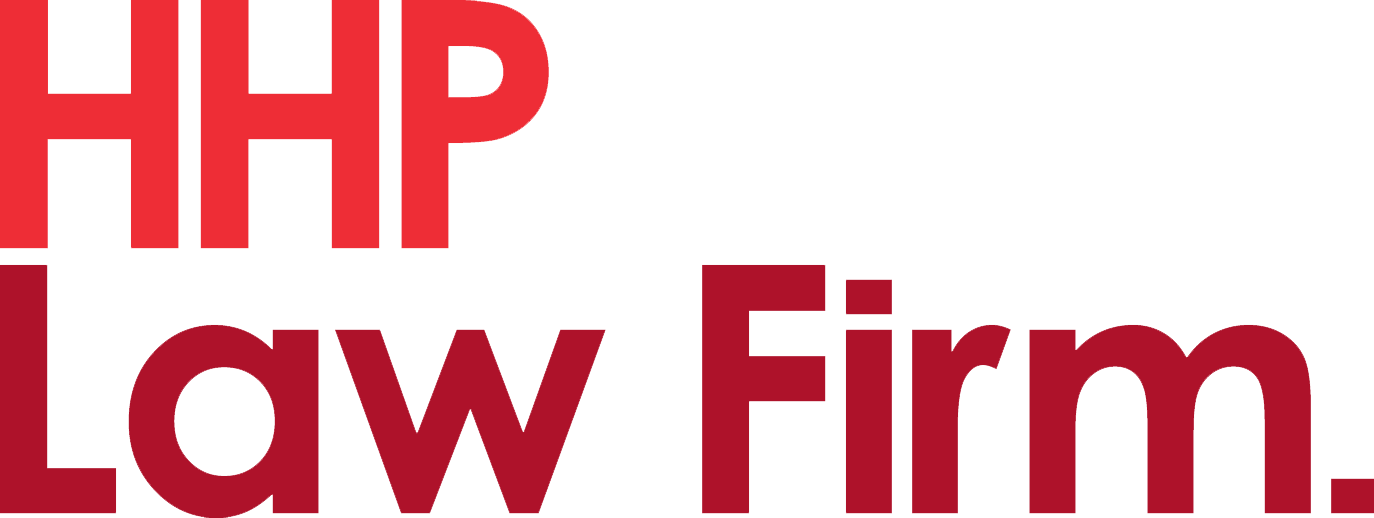In brief
On 2 August 2023, the Financial Services Authority or Otoritas Jasa Keuangan (OJK) issued its Rule No. 14 of 2023 on Carbon Trading on Carbon Exchange (“OJK Rule 14/2023”). OJK Rule 14/2023 is issued as one of the implementing regulations of Law No. 4/2023 on Development and Strengthening of the Financial Sector (“Law 4/2023”).
OJK Rule 14/2023 sets out the standard criteria for carbon units that will be traded on a carbon exchange, as well as the licensing requirements for any company that will apply to become a carbon exchange.
Highlight: Criteria of Carbon Units that will be traded on the Carbon Exchange
Following the stipulation of carbon units as securities in Law 4/2023, OJK Rule 14/2023 reaffirms this provision and stipulates the following criteria for carbon units that are eligible for trading on a carbon exchange:
- Carbon units must be listed in the National Registry System for Climate Change Control or Sistem Registri Nasional Pengendalian Perubahan Iklim (SRN-PPI) and a carbon exchange.
- Foreign carbon units that are not listed in the SRN-PPI must: (i) be listed, validated and verified by an international registration system organizer, (ii) fulfill the requirements for trading on a foreign carbon exchange and (iii) fulfil other requirements as stipulated by OJK (after OJK has coordinated with the Ministry of Environment and Forestry).
- Carbon units are traded in the following forms: (i) Technical Emissions Ceiling Approvals for Business Actors or Persetujuan Teknis Batas Atas Emisi Pelaku Usaha (PTBAE-PU) and (ii) Greenhouse Gas Emissions Reduction Certification or Sertifikat Pengurangan Emisi Gas Rumah Kaca (SPE-GRK).
Highlight: Implementation of Carbon Unit Trading on Carbon
OJK Rule 14/2023 stipulates the following requirements that must be considered in carbon unit trading:
- Parties may conduct carbon unit transactions directly and/or through an intermediary service.
- A carbon exchange must provide and use electronic systems capable of processing carbon unit transactions. The electronic systems must be able to facilitate: (i) meetings between traders and buyers and (ii) settlement of carbon unit transactions.
- A carbon exchange may enter into agreements with a third party to carry out customer due diligence and/or create a single identification number.
Highlight: Licensing Requirements for the Carbon Exchange
A carbon exchange must be licensed by OJK and fulfill, among others, the following criteria:
It must be in the form of an Indonesian limited-liability company.
- It must have paid-up capital amounting to at least IDR 100 billion. The paid-up capital cannot be sourced from loans.
- It can only be owned by: (i) sui generis institutions (e.g., Bank Indonesia and INA), (ii) Indonesian citizens/legal entities or (iii) foreign legal entities that are licensed or supervised by the relevant financial regulators. Foreign ownership (either direct or indirect) is limited to a maximum of 20%.
- It must have a minimum of two directors (all of them must be domiciled in Indonesia) and two commissioners.
- Its (i) shareholders, (ii) directors and (iii) commissioners must secure prior approvals from OJK and fulfill various requirements.
- It must be supported with adequate operational systems, internal controls and risk management procedures.
- It must administer, store and maintain all carbon unit trading data for at least five years.
- It must set its own regulations on the users of the carbon exchange, carbon units and their trading as well as the supervision mechanism.
What’s next?
We anticipate the following developments to occur in the near future:
- OJK will issue a circular letter on the requirements and procedures for applications for approvals for the shareholders, directors and commissioners of a carbon exchange.
- An approved carbon exchange will issue its own regulations.
* * * * *

© 2023 HHP Law Firm. All rights reserved. In accordance with a common terminology used in professional service organizations. reference to a “partner” means a person who is a partner, or equivalent in such a law firm. Similarly reference to an “office” means the office of any such law firm. This may qualify as ‘Attorney Advertising’ requiring notice in some jurisdictions. Prior results do not guarantee a similar outcome.



